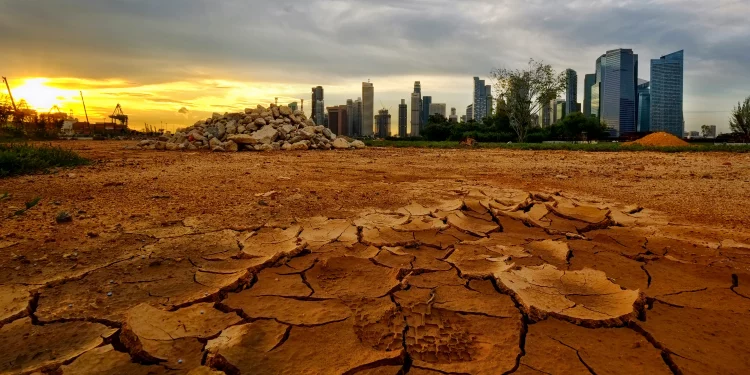The Earth’s climate is changing. Past emissions mean we are committed to several decades of rising global mean temperatures regardless of future mitigation efforts.
A growing body of scientific evidence has inspired governments and industries to respond to the threats posed by climate change. Policymakers and investors have relied on climate science to initiate mitigation and adaptation projects. Climate change is one of the greatest challenges facing the world today.
Strong international action is required to reduce greenhouse gas emissions. However, past emissions mean that we are now committed to decades of temperature rise, and to over 100 years of sea-level rise. Countries need to take action to achieve net zero targets and increase focused green climate strategy now and beyond 2030.
To address these consequences of climate change, governments to institute adaptation policies aimed at making cities, states, and even countries less vulnerable to these disasters.
Read: Climate Change As A Factor Of Pension Schemes
Time is running out. Nations must partner on strategic long-term climate actions, grow more forests, use fewer fossil fuels, both solar and electric solutions, and cleaner greener comics and businesses needed across the world.
Government can also help improve knowledge. Information about climate change and information about technical adaptation measures are typically public goods: the cost of generating the information has to be incurred once, whereas the information can be used at no additional cost. Without government intervention, too little information would be generated.
Fostering growth helps cope with the consequences of climate change and facilitates adaptation. Poor societies and population groups with low levels of education have the highest exposure to climate change, whereas richer societies have the means to cope with the implications of climate change. Everyone deserves a cleaner, greener, and safer environment.
Email your news TIPS to editor@thesharpdaily.com


















